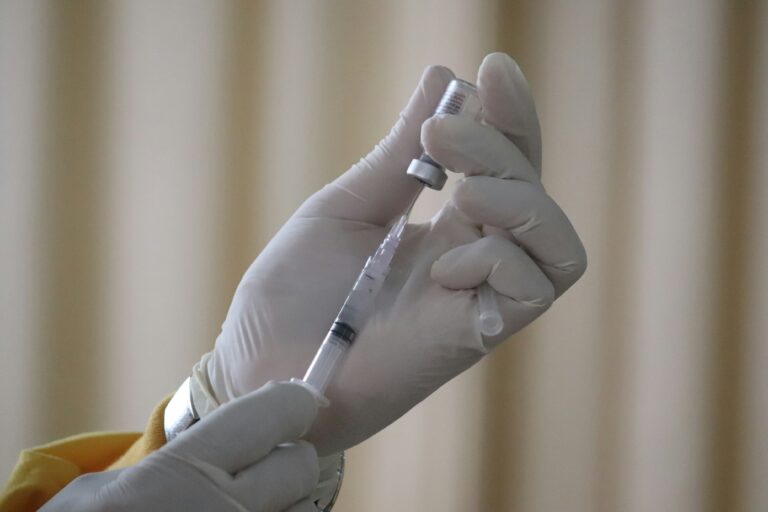Diet and heartburn prevention

Some people experience chest burns because of the food they eat. This can be controlled with a better a diet. According to the American Academy of Family Physicians, heartburn is a burning feeling in the lower chest, along with a sour or bitter taste in the throat and mouth. This usually occurs after eating a big meal or while lying down, which may last for a few minutes or hours. The burning feeling is caused by the backflow of stomach acid into the oesophagus – a tube that carries food for digestion from the mouth to the stomach. The process that causes the backflow of acid is called acid reflux.
Dawn Miller (not her real name) is in her early 40s and only feels heartburn whenever she eats spicy food and drinks citrus juices. “Most times when I have heartburn is after eating peppery foods and drinking grapefruit juices, my stomach feels uneasy and my chest pains me,” says Miller.
But this is not uncommon because certain foods like those will result is heartburn. Other examples are potato chips, cheese, fast food and fatty meats like bacon and sausage. “Many spicy foods contain capsaicin, which slows down digestion and causes food to sit in the stomach longer,” notes Austin Gastroenterology, an American group of gastroenterologists. “Spicy food can irritate the oesophagus, which can worsen heartburn symptoms.”
Capsaicin is the main component found in chilli peppers and pepper spray. Foods high in fat causes heart burn because “these foods take longer for your stomach to process when compared to proteins and carbohydrates,” says Austin Gastroenterology. Fatty foods cause the stomach to produce more acids to break down the food, which results in the digestive system being irritated.
Daniel Boyd (not his real name) is in his early 20s and experiences heart burn once a week depending on his diet. He consumes fast food most Fridays after leaving work in the evenings. “It is quick and easy for me to buy it, but my chest burns after my meal because I have to sleep early and wake up early mornings for work. So, my food is not being digested,” said Boyd.
But there is a reason that causes some foods to not be properly digested. “Foods commonly known to be heartburn triggers cause the oesophageal sphincter to relax and delay the digestive process, letting food sit in the stomach longer,” says Dr Ekta Gupta, director of Endoscopy at John Hopkins Medicine. These include spicy foods, onions, citrus and fatty and fried foods. The oesophageal sphincter is a muscle that blocks food from coming back up the throat. But foods like banana, cereal and watermelon prevent heartburn.
And heart burn can be relieved by consuming foods like ginger, milk, apple cider vinegar and lemon water in moderation because some milks contain fats and vinegar, and lemons are acids.
Medication that controls stomach acids are effective against heartburn, but “diet plays a major role in controlling acid reflux symptoms,” says Gupta.






